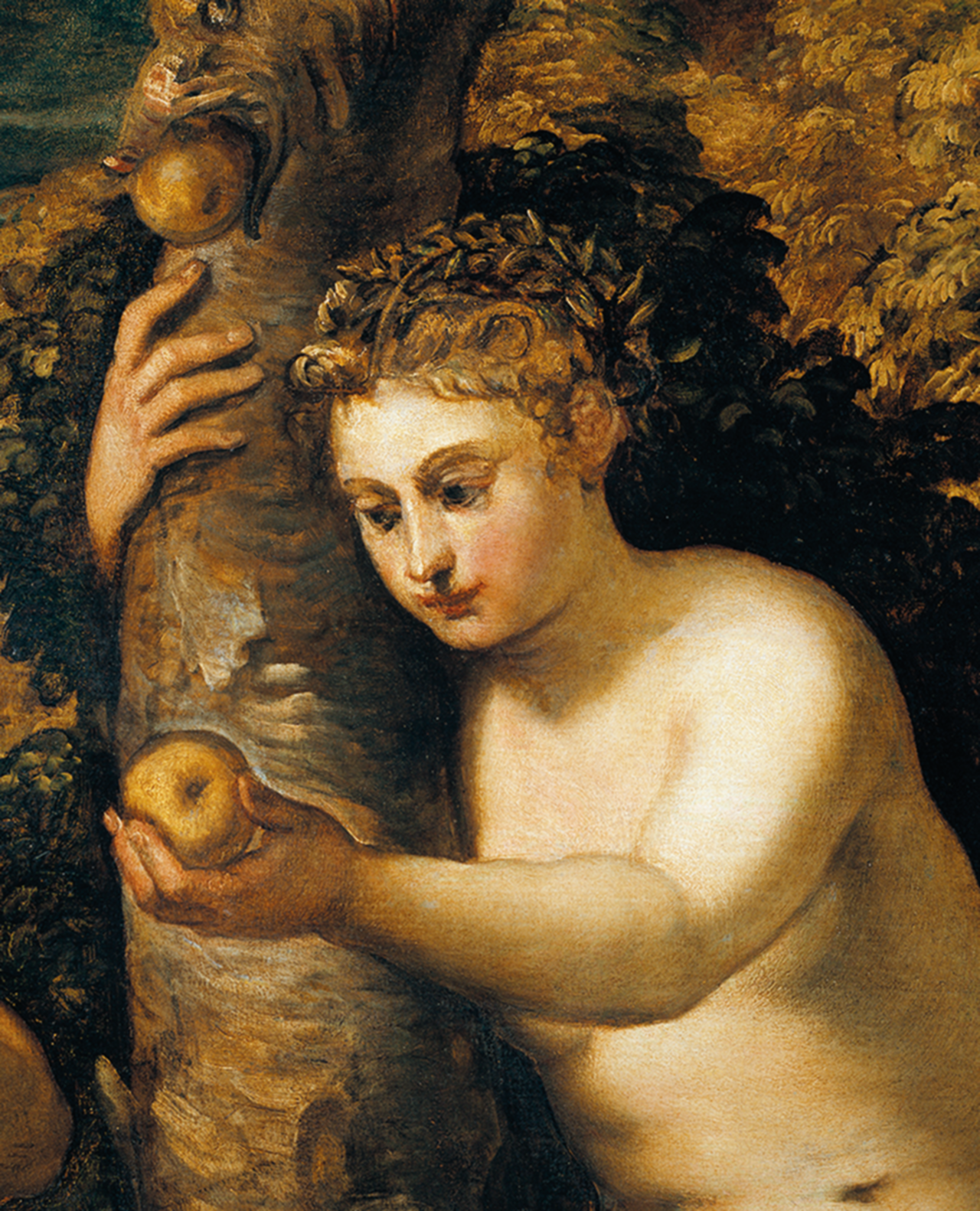
In the sage words of the novelist William Maxwell, “It is impossible to say why people put so little value on complete happiness.” The psychoanalyst and essayist Adam Phillips has, for some time, been engaged in investigating this enigma. A recent collection of essays, Missing Out, explored our propensity to attach a greater value to what we have not, rather than what we have. His latest book, Unforbidden Pleasures, is a profound meditation on our reluctance to enjoy ourselves as we might and, more crucially, as we are apparently granted the freedom to do.
A good deal of complex thinking and reference is compressed into two hundred or so pages. Phillips’s first witness is Oscar Wilde, whose provocatively intelligent statement on political engagement – “The problem with socialism is that it takes up too many evenings” – sets the book’s terms. “It is, of course, Wilde’s point that socialism interferes with sociability,” Phillips comments. Our ideologies – whether extraneous, as political or moral systems, or internalised – estrange us from our more creative and enjoyable instincts.
If Phillips sees in Wilde an ally, it is because the latter’s epicureanism made him suspicious of all enemies of pleasure, most especially self-inflicted punishment. A mistaken respect for a forbidding authority is, in Phillips’s view, the basis of conscience. He considers this problematic concept through the example of Hamlet, a character with whom Freud was also much preoccupied: “Tragedy is the cultural form in which we are trying to reveal something not about the real horror of life, but about the horror of life lived under the aegis of a certain kind of conscience.” Rather than seeking to actualise a limiting ideal that can never be realised (according to Phillips, this is the tragic norm), Hamlet is unusual in exploring, in his self-reproaches, alternative ways of being.
In Hamlet’s best-known soliloquy, “To be, or not to be” – a rumination with resonances as wide as the sea – we encounter the line: “Thus conscience does make cowards of us all.” In the Second Quarto, this appears as: “Thus conscience does make cowards.” From this more open-ended version, Phillips launches a stellar exploration of the politics of intimidation as the basis of our so-called morality.
To be moral by dint of intimidation is not to be moral at all but to be the hapless citizen of a totalitarian system. Much of our behaviour is at the behest of an inner censor, absorbed through our upbringing, whose influence is at best restrictive – a cruel clipper of wings – and at worst murderous. Guilt, Phillips wants to persuade us, is often the fearful reaction to this internalised tyrant’s disapproval, rather than a result of honest remorse. With the terrible phrase “to be ashamed of yourself”, it is worth asking, Phillips suggests, what made the self of whom one is enjoined to be ashamed.
But in Shakespeare’s day, “conscience” also meant “consciousness” – and consciousness can seem to make us cowards, not through intimidation but by exploring realms of thought that break the prevailing rules. Freud appears never to have questioned the call to revenge that Hamlet buckles under. He perceives Hamlet’s procrastination and ensuing self-criticism as no more than the displacement of violence towards his murdering uncle, never considering that Hamlet’s “conscience” may also be a disinclination to obey a dead father’s demand. If, as Hamlet suggests, “The play’s the thing/Wherein I’ll catch the conscience of the king,” it may well be, as Phillips speculates, that he is attempting to hunt down and bag Claudius’s shabby morality in order to expose it on a public stage. But it may also be an attempt to engage Claudius in a more creative conversation through play (or, to be specific, a play – for Hamlet, as well as being an artist’s protégé, is an artist).
Phillips never quite spells this out but it seems the natural conclusion to his thinking. For the play that Hamlet puts on is surely an unforbidden pleasure, in striking contrast to the highly forbidden pleasure of murder. Wilde provocatively claimed that all art is immoral, but that is so only if “moral” means “doing the done thing”. It is part of Phillips’s point that the forbidden becomes enticing; in an environment of free choice, it may be naturally eschewed.
Phillips would probably demur at being described as a religious writer. Yet he is, I think, in the wider sense, because he explores seriously the great moral themes that play in the theatre of human consciousness. It is inevitable, therefore, that the Genesis myth is evoked. Why did God forbid His human creations to eat of the tree of knowledge of good and evil? Surely, in His omniscience, He was aware that by forbidding it He was prompting the disobedience that led, in Milton’s epic words, to “all our woe”. But what if all God was doing was describing a consequence – if you do this, then that follows? Maybe the real sin of our “first parents” was in hearing a forbidden in what was only, after all, a health-and-safety warning: the foolhardy sin, as Phillips might see it, of choosing tragedy over contentment and play.
Phillips has said that what he most desires for his readers is that they be stimulated into new thoughts. With this supremely thought-provoking book, he roundly succeeds.
Unforbidden Pleasures by Adam Phillips is published by Hamish Hamilton (208pp, £14.99)
Salley Vickers is an author and former psychoanalyst. Her latest collection of short stories, The Boy Who Could See Death , is published by Viking
This article appears in the 03 Feb 2016 issue of the New Statesman, Putin's war



